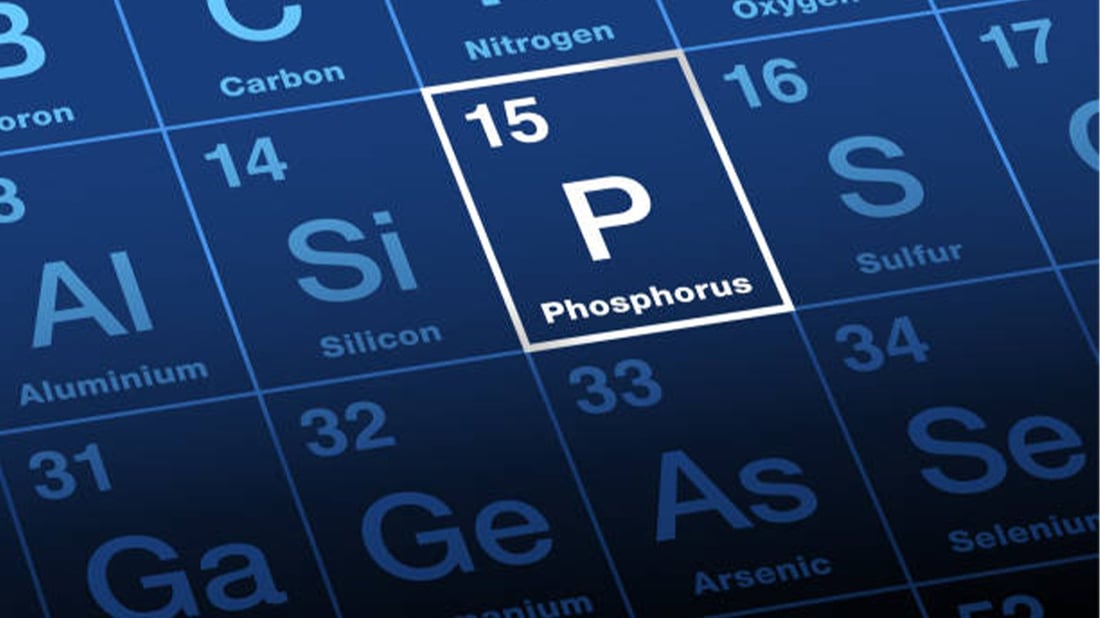Yellow Phosphorus vs White Phosphorus: Which is Better for Your Diet??
Phosphorus is an essential mineral that plays a crucial role in various bodily functions. It is involved in the formation and maintenance of healthy bones and teeth, as well as the production of DNA and energy. However, there are different forms of phosphorus, namely yellow phosphorus and white phosphorus. In this article, we will explore the differences between yellow phosphorus and white phosphorus and discuss which one is better for your diet.
The Basics: Yellow Phosphorus and White Phosphorus
Yellow phosphorus, also known as white phosphorus, is a highly reactive and toxic form of phosphorus. It is a waxy, yellowish-white solid that emits a faint glow in the dark. On the other hand, white phosphorus is a less reactive and more stable form of phosphorus. It is a white, waxy solid that is less toxic than yellow phosphorus.
Yellow Phosphorus: Health Benefits and Risks
Yellow phosphorus offers several health benefits when consumed in moderate amounts. It is a vital component of ATP (adenosine triphosphate), which is the primary energy source for cells. Additionally, yellow phosphorus aids in the formation and maintenance of bones and teeth, making it essential for healthy skeletal development.
However, it is important to note that excessive consumption of yellow phosphorus can pose serious health risks. High levels of yellow phosphorus in the body can lead to phosphorus poisoning, which may cause symptoms such as abdominal pain, nausea, vomiting, and even organ damage. Therefore, it is crucial to consume yellow phosphorus in moderation and follow recommended dietary guidelines.
White Phosphorus: Health Benefits and Risks
White phosphorus also offers health benefits when consumed in appropriate amounts. It is involved in various biological processes, including the synthesis of proteins and the regulation of cell metabolism. Additionally, white phosphorus plays a role in maintaining healthy cellular membranes and promoting proper nerve function.
However, similar to yellow phosphorus, excessive intake of white phosphorus can be harmful. It can lead to a condition called phosphorus overload, which may cause symptoms such as muscle weakness, bone pain, and calcium imbalances. It is important to maintain a balanced diet and avoid excessive consumption of white phosphorus to prevent such health issues.
Which is Better for Your Diet?
When it comes to choosing between yellow phosphorus and white phosphorus for your diet, it is essential to consider various factors. Both forms of phosphorus are necessary for maintaining overall health and well-being, but the key lies in moderation.
Yellow phosphorus, being more reactive and toxic, should be consumed in smaller quantities. It is primarily found in processed foods, such as carbonated beverages, preserved meats, and certain food additives. It is advisable to limit the intake of these processed foods to minimize the risk of phosphorus poisoning.
On the other hand, white phosphorus, being a more stable form, can be obtained from natural food sources. It is commonly found in dairy products, whole grains, nuts, and seeds. Including these foods in your diet can help ensure an adequate intake of white phosphorus without the risk of excessive consumption.
Conclusion
Phosphorus is an essential mineral that plays a vital role in various bodily functions. Both yellow phosphorus and white phosphorus are necessary for maintaining overall health, but it is crucial to consume them in moderation. Excessive intake of either form of phosphorus can lead to health issues, so it is important to follow recommended dietary guidelines and maintain a balanced diet.

